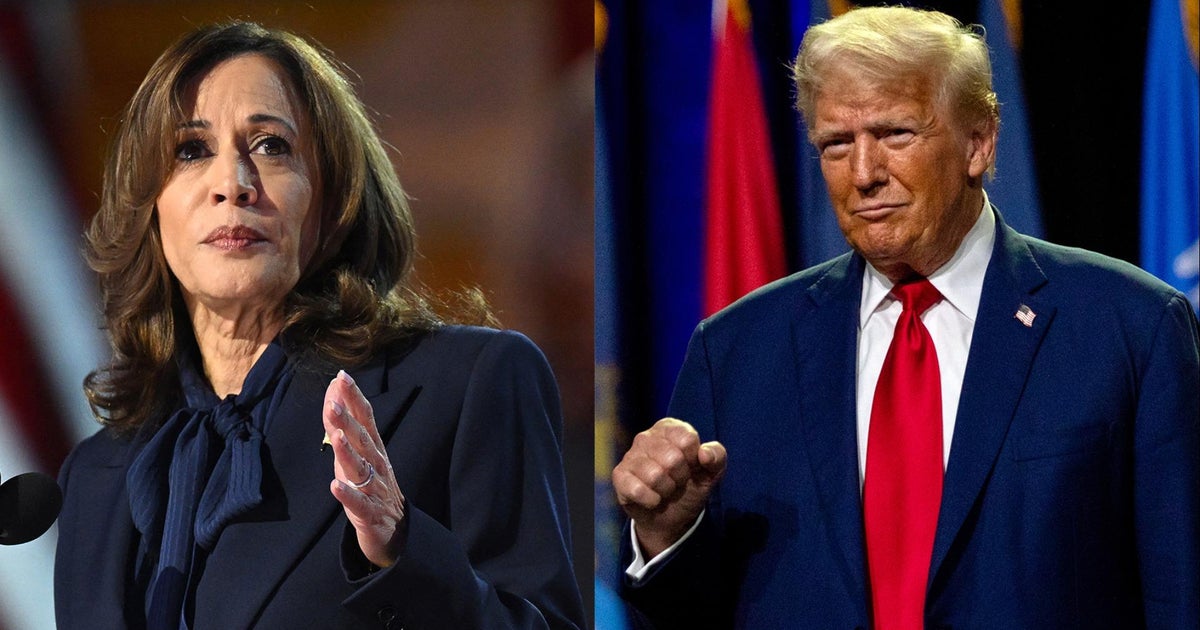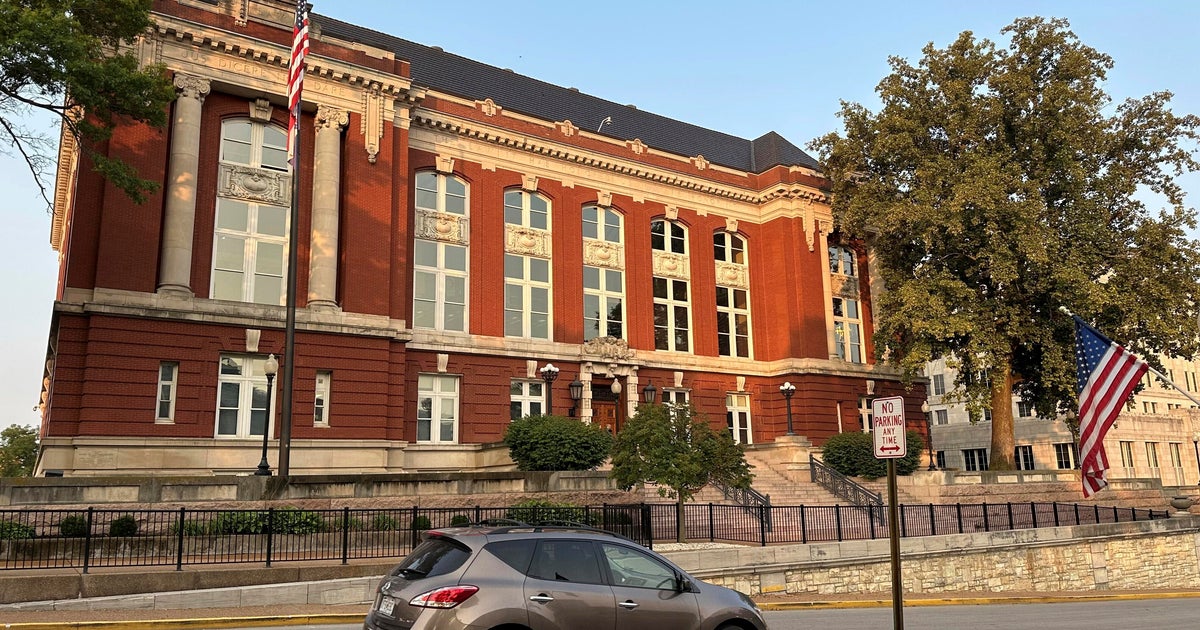The rules have been released for the first — and possibly only —debate between former President Donald Trump and Vice President Kamala Harris. The two will face each other Tuesday atPhiladelphia’s National Constitution Center in a showdown that could define the rest of the presidential campaign.
The debatebegins at 9 p.m. ETand ABC News is the network hosting it. There will be no live audience and no opening statements, according to the rulesreleased by the network last week.
The candidates will have two minutes to answer questions, two minutes for rebuttals and an additional minute for follow-ups and clarifications. The two candidates will also have up to two minutes to deliver closing statements at the end.
Harris and Trump won’t be able to ask questions of each other. Only the moderators — ABC’s David Muir and Linsey Davis — are permitted to ask questions.
The debate will last 90 minutes and will include two commercial breaks.
Candidates aren’t allowed to take prewritten notes or props on stage, and they won’t receive topics or questions in advance.
ABC is allowing other television networks to simulcast the debate. CBS News will air the full debate on the CBS television stations and the streaming network CBS News 24/7, followed by post-debate analysis.
The debate will be the first time Harris and Trump meet face to face.
Debate microphones
There was a tussle last month between the Harris and Trump camps about whether to mute the candidates’ microphones when it wasn’t their turn to speak. In the first debate, Trump and President Biden’s mics were muted, which was requested by the Biden campaign.
The Harris campaign requested a change to allow open mics, saying in a letter to ABC News that Harris is “fundamentally disadvantaged by this format, which will serve to shield Donald Trump from direct exchanges with the Vice President.”
Although the Harris campaign said the Trump campaign insisted on muted mics, Trump said on Aug. 26 that it “doesn’t matter to me.”
“I’d rather have it probably on, but the agreement was that it would be the same as it was last time,” Trump said. “In that case, it was muted. I didn’t like it the last time but it worked out fine.”
The Harris campaign agreed in the end to have the muted microphones.
The Harris campaign also told CBS News that it was offered assurances that the microphones may be unmuted if there is significant crosstalk between the candidates. A candidate who constantly interrupts their opponent will be warned by the moderator and their comments may be relayed to the audience. And, if the microphones don’t pick up the exchanges, a group of reporters who will be in the room would be able to report anything noteworthy.
Notes and debate preparation
The campaigns have taken different approaches to debate preparation. Harris traveled to Pittsburgh on Sept. 5 and spent the time there focusing on strategy, a senior campaign official said. While Harris had planned to pepper Trump with questions, her campaign has had to seek out a new approach, fearing that her ability to most effectively engage with the former president will be hampered by the microphone restrictions.
The vice president is practicing with extended mock debates, with a focus on policy and an effort to draw a contrast with the former president. A former aide to Hillary Clinton, who played Trump in the mock 2016 debate prep with Clinton, is playing Trump again in these sessions, with a source saying the aide is even dressing like Trump. Harris has also been practicing on a stage with lights to recreate the debate environment, a source familiar with the preparations told CBS News.
While Harris participated in several Democratic debates ahead of the 2020 primaries, this is her first presidential debate, while it is Trump’s seventh debate. Trump told “Good Morning New Hampshire” last week that he’s “been preparing all my life for this debate.”
“So, you know, I do. I have meetings on it,” Trump added. “We talk about it, but there’s not a lot you can do.”
Trump has been reviewing policy positions with advisers in the lead-up to the debate, sources familiar with the former president’s preparation told CBS News, though his preparations are characterized as somewhat informal and include speaking with voters and engaging with the media.
Closing statements
A coin toss was held virtually on Sept. 3, with the candidate who won the coin toss allowed to choose the order of the closing statement or podium placement. Trump won the coin toss and chose to select the order of statements, ABC News said. The former president chose to offer the last closing statement.
Podium placement and candidate stage positions
After the coin toss, Harris was allowed to chose podium placement. She selected the podium position to the right on screen, ABC News said.
The rules also state that candidates will stand behind their lecterns for the “duration” of the debate, a rule that may remind viewers of a 2016 debate between Trump and former Secretary of State Hillary Clinton, when Trump left his place to linger near Clinton, a move some viewed as an intimidation tactic.
Aaron Navarro, Kaia Hubbard and Ed O’Keefe contributed to this report.



